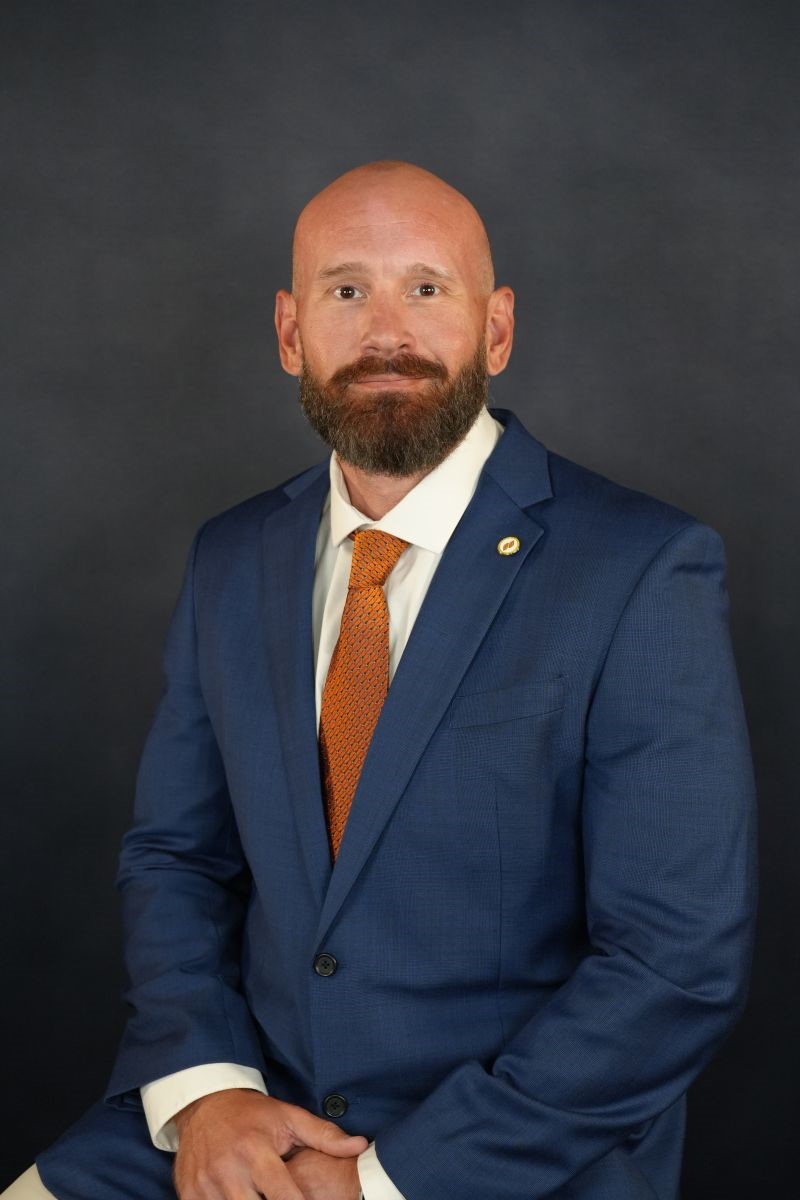Charitable giving by credit unions is nothing new, but the investment aspect of such accounts had caused regulators to wonder if the funds were being used for their intended purposes.
The NCUA board approved a new rule in December 2013 that offers protections against those concerns by allowing federal credit unions to fund hybrid charitable and investment vehicles designated as charitable donation accounts under certain conditions.
The final rule clarified that a federal credit union may hold investments within a CDA that are not allowed otherwise, so long as the account is primarily charitable in nature and structured to preserve the safety and soundness of the federal credit union, according to the NCUA.
Among the requirements is a minimum of 51% of the total return from the CDA must be distributed to one or more 501(c)(3) charities. Distributions must also be made to qualified charities no less frequently than every five years. Assets in a CDA also must be held in segregated custodial accounts or special purpose entities regulated by the Office of the Comptroller of the Currency, the Securities and Exchange Commission or other federal or state financial regulatory agency.
NCUA Chairman Debbie Matz said the final rule, which was developed as part of the agency's Regulatory Modernization Initiative, sets safeguards to ensure that the CDAs are used for their intended purposes.
“This innovative rule strikes the right balance to provide flexibility, but ensures that the majority of earnings received from the account will benefit charities and communities, rather than propping up a credit union's income statement,” Matz said at the time of the rule's approval.
Prior to the new CDA rule, MEMBERS Trust Co. created a charitable investment hybrid in 2011 amassing $70 million in investments, said Tom Walker, president/CEO of the nationally chartered, credit union-owned trust company in Tampa, Fla. Those funds have converted over to the new CDAs.
“We believe this regulation will be a catalyst for increased charitable giving by allowing credit unions to expand with this investment,” Walker said. “This is a significant step by the NCUA as the agency has always encouraged charitable giving.”
The $464 million Superior Federal Credit Union in Lima, Ohio, was the first MEMBERS Trust client to set up a CDA, Walker said. Opened in March and April, the new account's timing was perfect, according to Phil Buell, president/CEO of the credit union.
“At the end of last year, we just started the Superior Foundation for the credit union and we were wondering how to fund it,” Buell recalled. “We were looking at a lump sum to start the foundation, which would have been just fine. Then, the NCUA changed the CDA. We looked at it and said, 'This is perfect.'”
One hundred percent of the proceeds invested will go to the Superior Foundation, Ohio Credit Union Foundation and the National Credit Union Foundation, Buell said. So far, $2 million is invested in the CDA, he added. The Superior Foundation will be used for efforts such as providing first-time homebuyer grants, individual development accounts and tax preparation assistance through Volunteer Income Tax Assistance sites.
Superior FCU's new foundation will dovetail with the $150,000 that the credit union currently donates to charities and community events each year, Buell said.
MEMBERS Trust said while the credit union will maintain authority over the investment management of the CDA, the company will develop an investment policy statement that is compatible with the credit union's risk tolerance, investment time period and business objective for its account.
The investment strategy may be changed at any time by the credit union by notifying MEMBERS Trust of the need to change the investment policy statement. The CDA can also be terminated at any time after distributing 51% of the total return earned up to the termination date, which is one of the NCUA's requirements.
As for how the investment is booked, MEMBERS Trust said the CDA should be recorded as an “other asset” using market value accounting. Dividends and income to the extent not paid out should be recorded as other investment income and charitable contributions can be expensed or applied as an offset against income or dividends. Each credit union should consult its auditor to ensure compliance with GAAP, the trust company suggested.
The $671 million Shell Federal Credit Union in Deer Park, Texas, opened its CDA with MEMBERS Trust on May 28, said Elizabeth Monroy, chief financial officer. So far, $700,000 has been invested, she noted.
“Shell FCU jumped on the opportunity; this will potentially provide higher returns and a higher contribution,” Monroy said. “The new CDA regulation grants credit unions the ability to expand investment options if the primary purpose is a charitable contribution.”
In 2012, Monroy said Shell FCU set up an investment to benefit the Pete Crear Fund, which was created by the African-American Credit Union Coalition to help with financial literacy programs and small credit union development, among other efforts. Two of Shell FCU's board members have been involved with the AACUC for several years and recommended the fund.
“We have donated a portion of the designated investment's earnings for a few years, but in the current rate environment, returns have been low,” Monroy said.
Still, Shell FCU's CDA investments will continue to go towards the Pete Crear Fund as well as the NCUF, she pointed out. Prior to the CDA, the credit union invested funds in a CD and a portion was contributed.
“We will monitor the fund and depending on performance, we may increase our investment resulting in increased contributions,” Monroy said.
MEMBERS Trust has been approved to offer the CDAs to state-chartered credit unions in Alabama, Florida, North Carolina and Texas, Walker said. The company is currently contacting regulators to expand CDA openings to state-chartered credit unions in other states.
Complete your profile to continue reading and get FREE access to CUTimes.com, part of your ALM digital membership.
Your access to unlimited CUTimes.com content isn’t changing.
Once you are an ALM digital member, you’ll receive:
- Breaking credit union news and analysis, on-site and via our newsletters and custom alerts
- Weekly Shared Accounts podcast featuring exclusive interviews with industry leaders
- Educational webcasts, white papers, and ebooks from industry thought leaders
- Critical coverage of the commercial real estate and financial advisory markets on our other ALM sites, GlobeSt.com and ThinkAdvisor.com
Already have an account? Sign In Now
© 2025 ALM Global, LLC, All Rights Reserved. Request academic re-use from www.copyright.com. All other uses, submit a request to [email protected]. For more information visit Asset & Logo Licensing.









